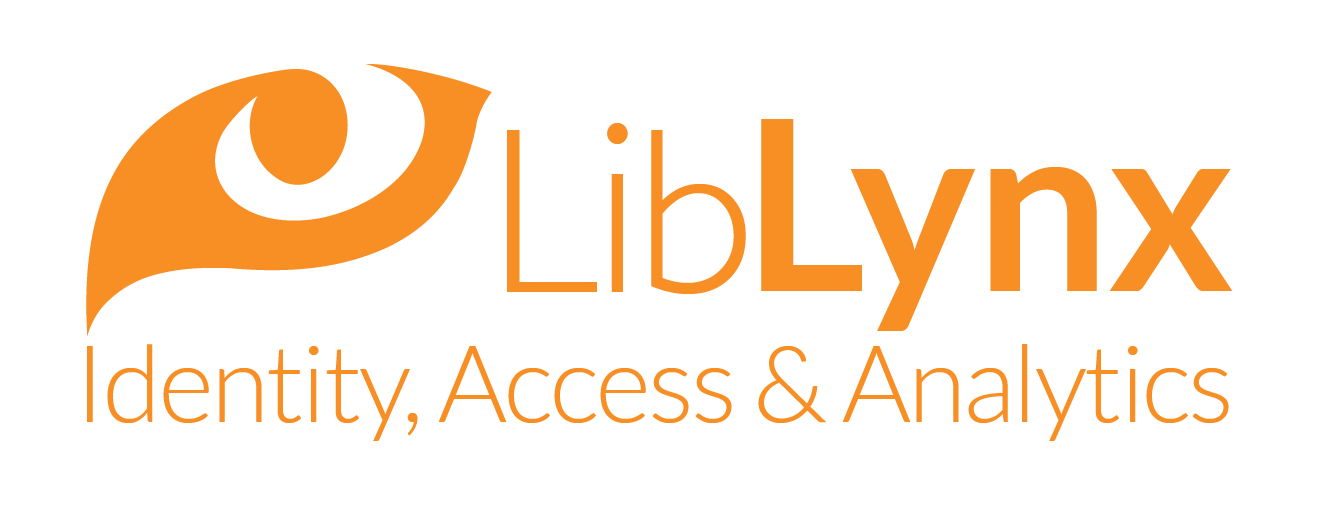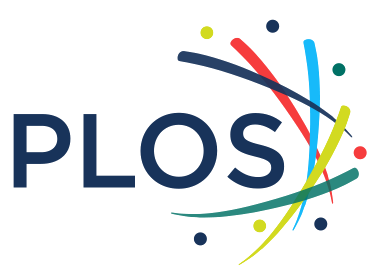The Challenge
Attributing OA usage to organizations at scale
Anonymous access
Unlike traditional paywalled access scenarios, users engaging with OA content do not need to be authorized and so their organizational affiliation is unknown at the point of access.
High volume
PLOS content generates significant interest from the community, with more than 300,000 titles generating over 400 million individual usage events in a year.
How We Helped
Custom workflow to match IP addresses
We developed a custom workflow that attributes usage to organizations based on matching the IP address associated with a usage event against data from PSI Metrics. We attributed PLOS usage to over 25,000 organizations during the first 12 months of COUNTER reporting.
PSI Metrics holds data on the registered IP addresses of c. 80,000 organizations worldwide. This data is updated daily to ensure that matching is both accurate and as broad as possible. As the process only uses registered organizational IP addresses, there is no personal data involved, nor any risk of usage attribution at an individual level.
Once COUNTER metrics are generated and attributed to an organization, COUNTER reports are built to aggregate that organization’s usage in each reporting period.
PLOS is a non-profit leading a transformation in research communication. We publish a suite of Open Access journals and work alongside research communities to break down barriers in making research communication more open, effective, and fair.


